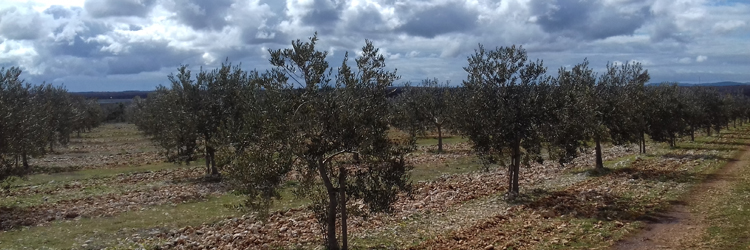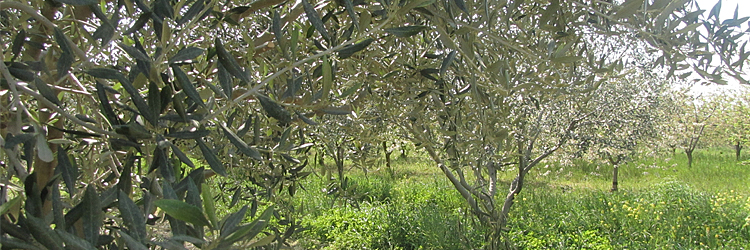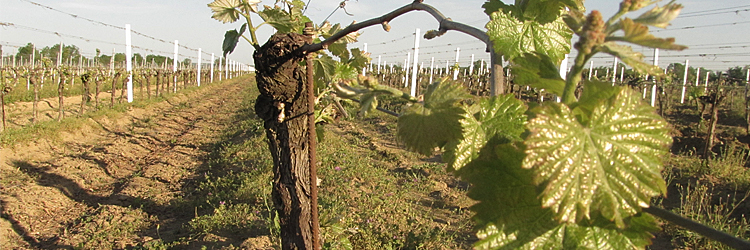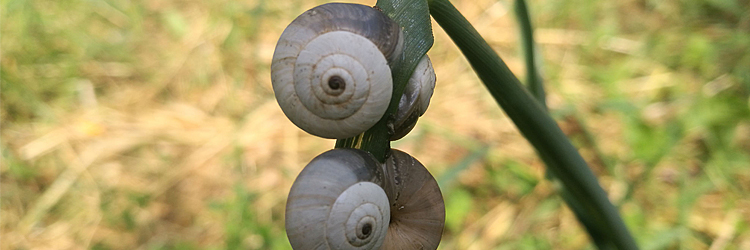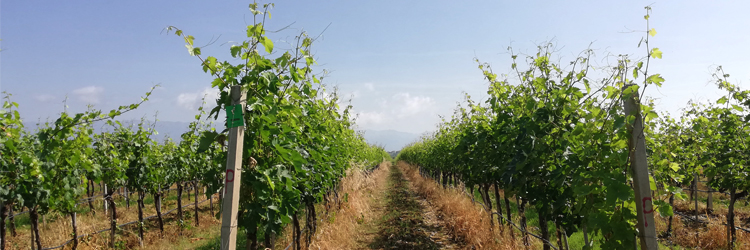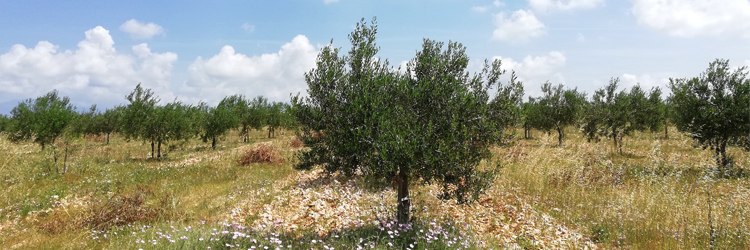19th Symposium of Polish Carabidologists in Krakow
From July 1 to 4, 2025, the 19th Symposium of Carabidologists of Poland was held in Krakow under the title "Carabid Beetles (... and not only) without secrets – contemporary problems and perspectives in entomological research". It is an international scientific symposium dedicated to current research in the field of entomology, which gathers not only researchers from Poland but from all over Europe and beyond. Croatian entomologists from Faculty of Science (PMF) and the Department of Ecology, Agronomy and Aquaculture (OEAA) of the University of Zadar attended the symposium. Prof. dr. sc. Lucija Šerić Jelaska of the University of Zadar and employee of the PMF, served as a member of the scientific committee of the meeting, and gave an invited lecture titled "Pesticides distribution in soil and invertebrates in olive groves and vineyards of Zadar county, Croatia", co-authored with dr. Lara Ivanković Tatalović (IRB) and Assoc. prof. Tomislav Kos (OEAA). She co-author the presentation titled "Molecular insights into the diet of semi-arboreal Therates tiger beetles (Coleoptera: Cicindelidae) in biodiversity hotpots using metabarcoding", presented by PhD student Dale Ann Acal for which she received the prize for the best student oral presentation. This is the first study of the diet of tiger beetles (Cicindalidae) using molecular methods in general, and one of the few studies on the trophic importance of these interesting predators sampled in the Philippines, a country with over 7000 islands where almost every island has its own endemic species of tiger beetles. In addition to the scientific part, the participants exchanged experiences with colleagues from Poland, Italy, the Netherlands, Germany, Finland, Belarus, Belgium and Canada, and took part in a field visit to the Babia Góra National Park.
Why is the gathering of entomologists in Poland important to the international scientific community?
Due to:
- development of the MIB bio-indicator index through research by Jan Szyszko
- multi-year research on the bio-indicator role of insects in forest ecosystems, succession on grasslands and pastures, habitat restoration (mines, excavations, riparian areas, etc.)
- research on insect diversity in the Białowieża Primeval Forest,
- research on the impact of the reintroduction of the European bison on insect communities etc.
Participation in this conference enabled the professional exchange of knowledge, strengthening international cooperation, especially with UNIC partners, and promoting the scientific activities of the Faculty of Science and the OEAA at the international level.
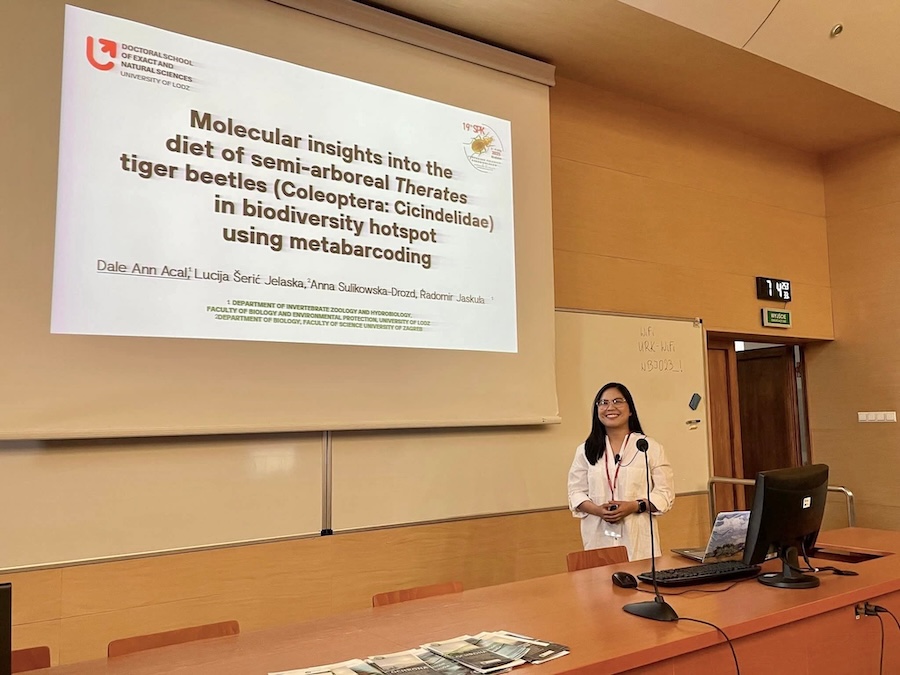
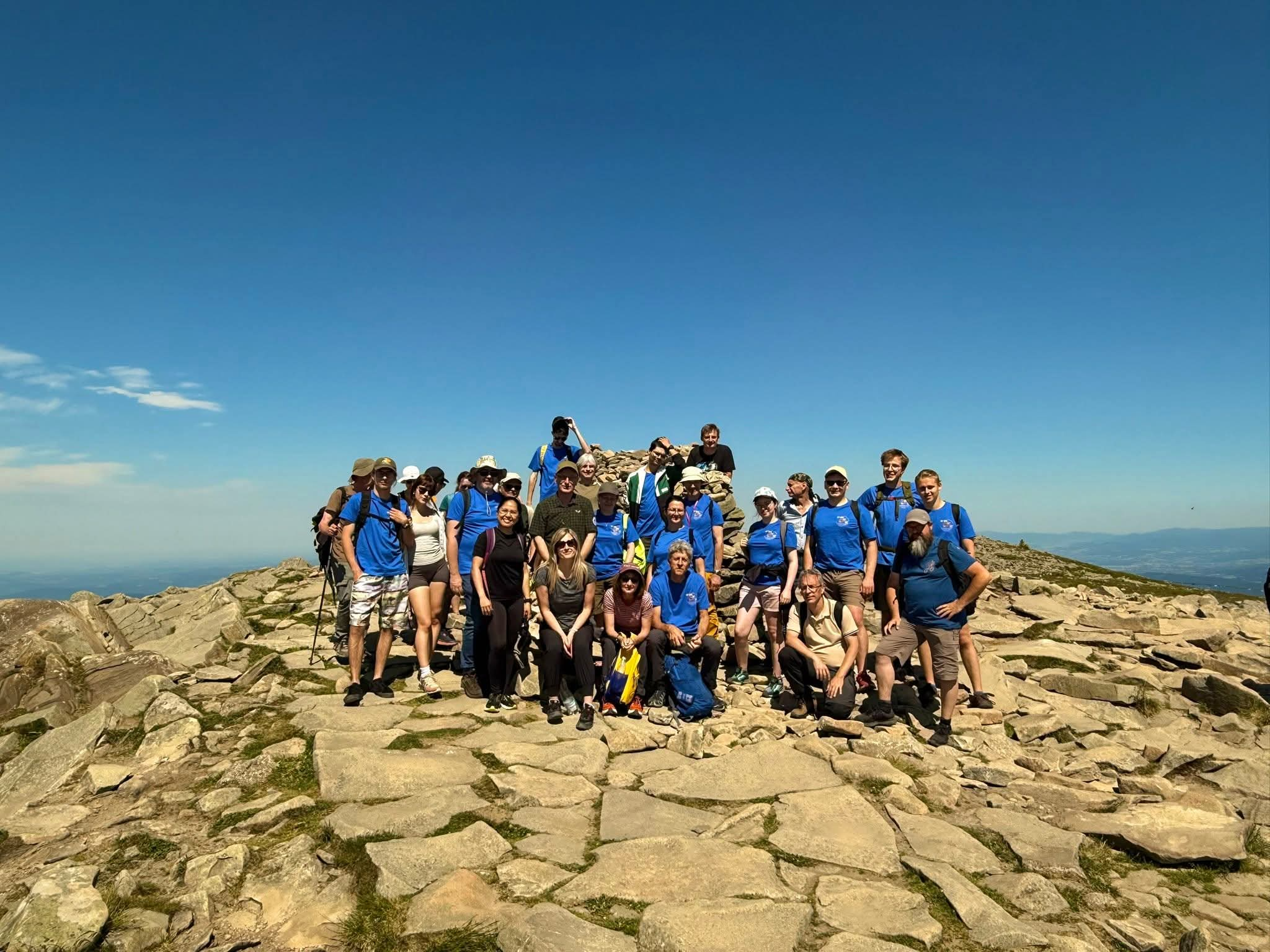
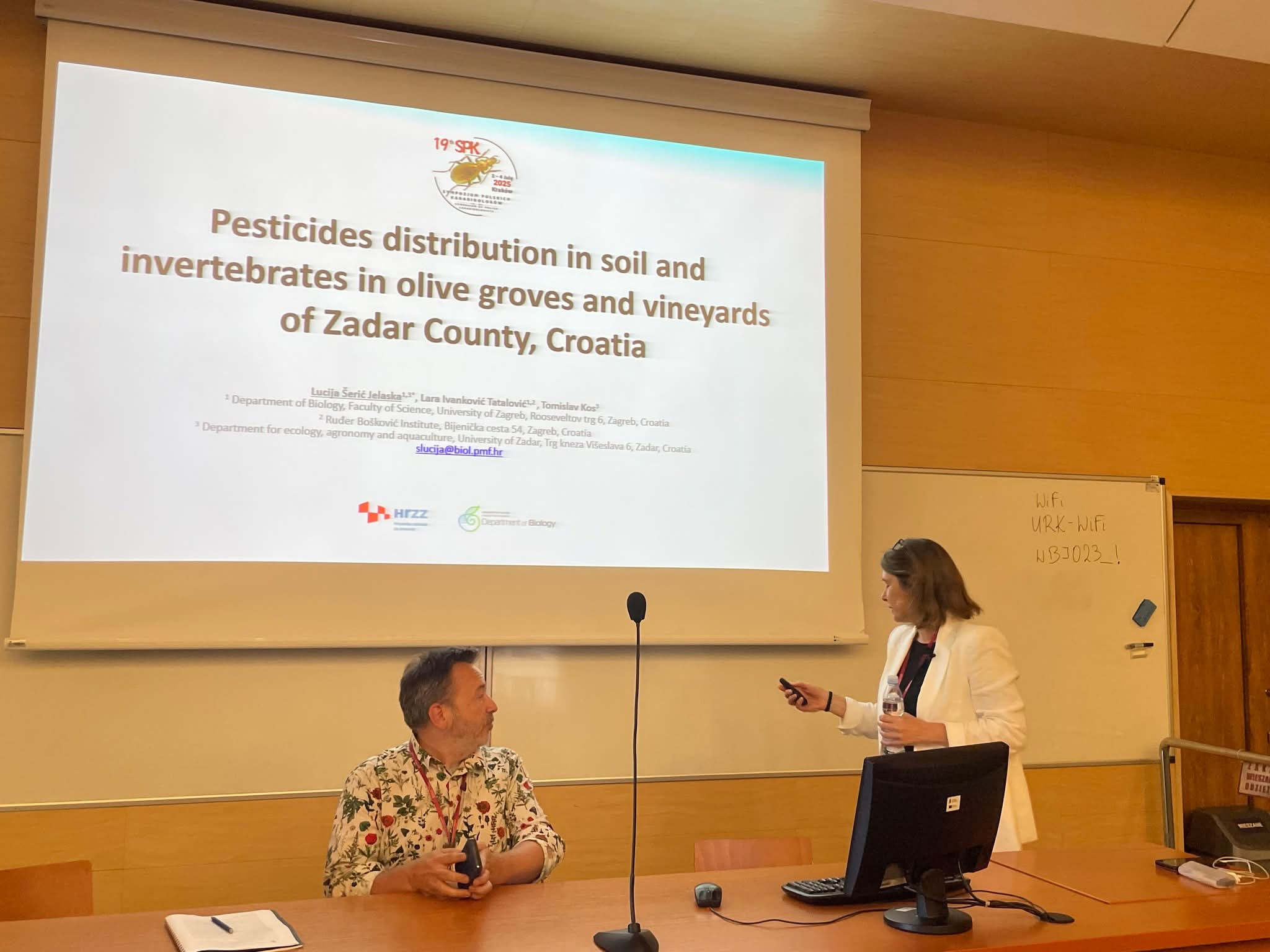
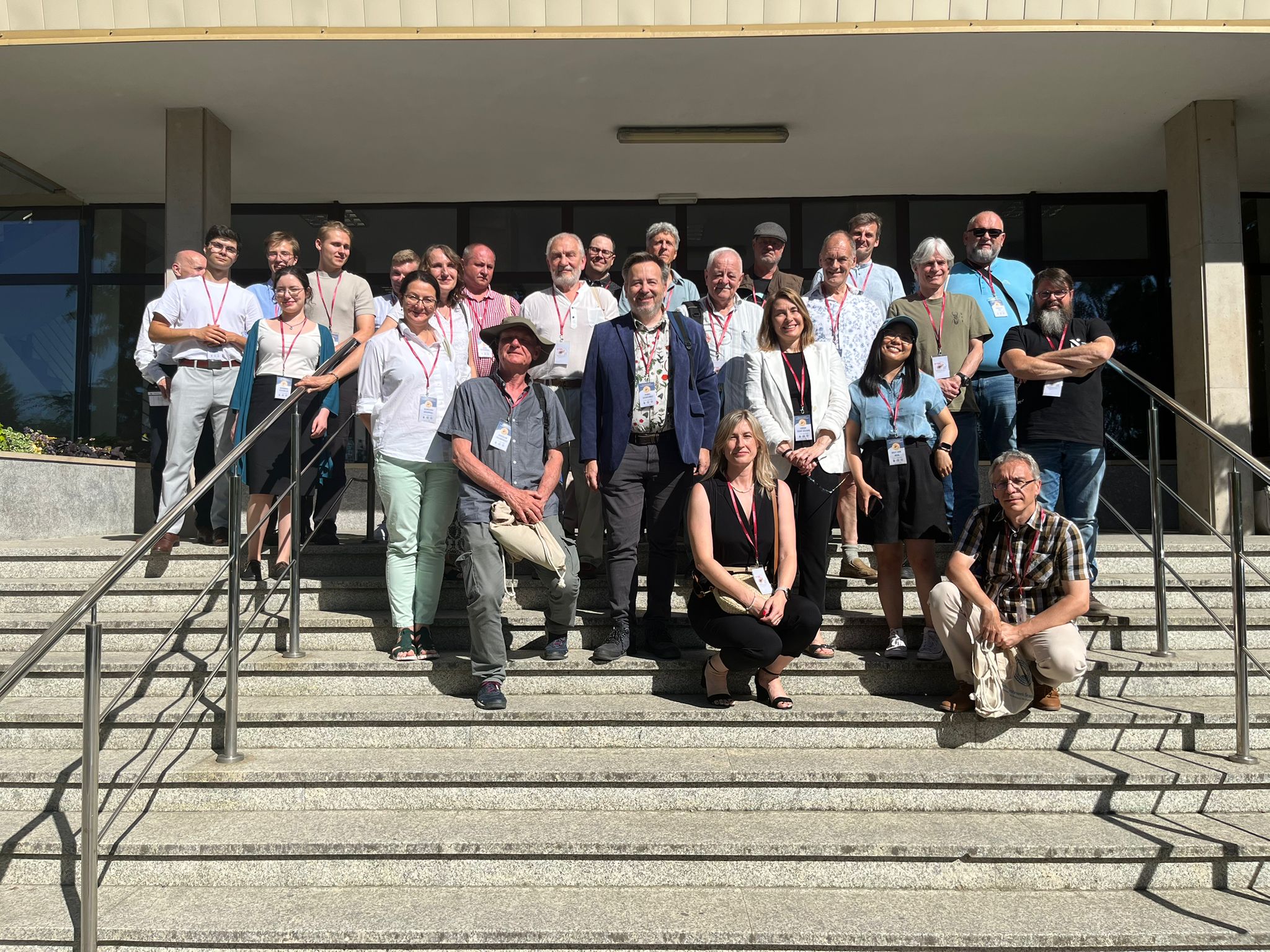
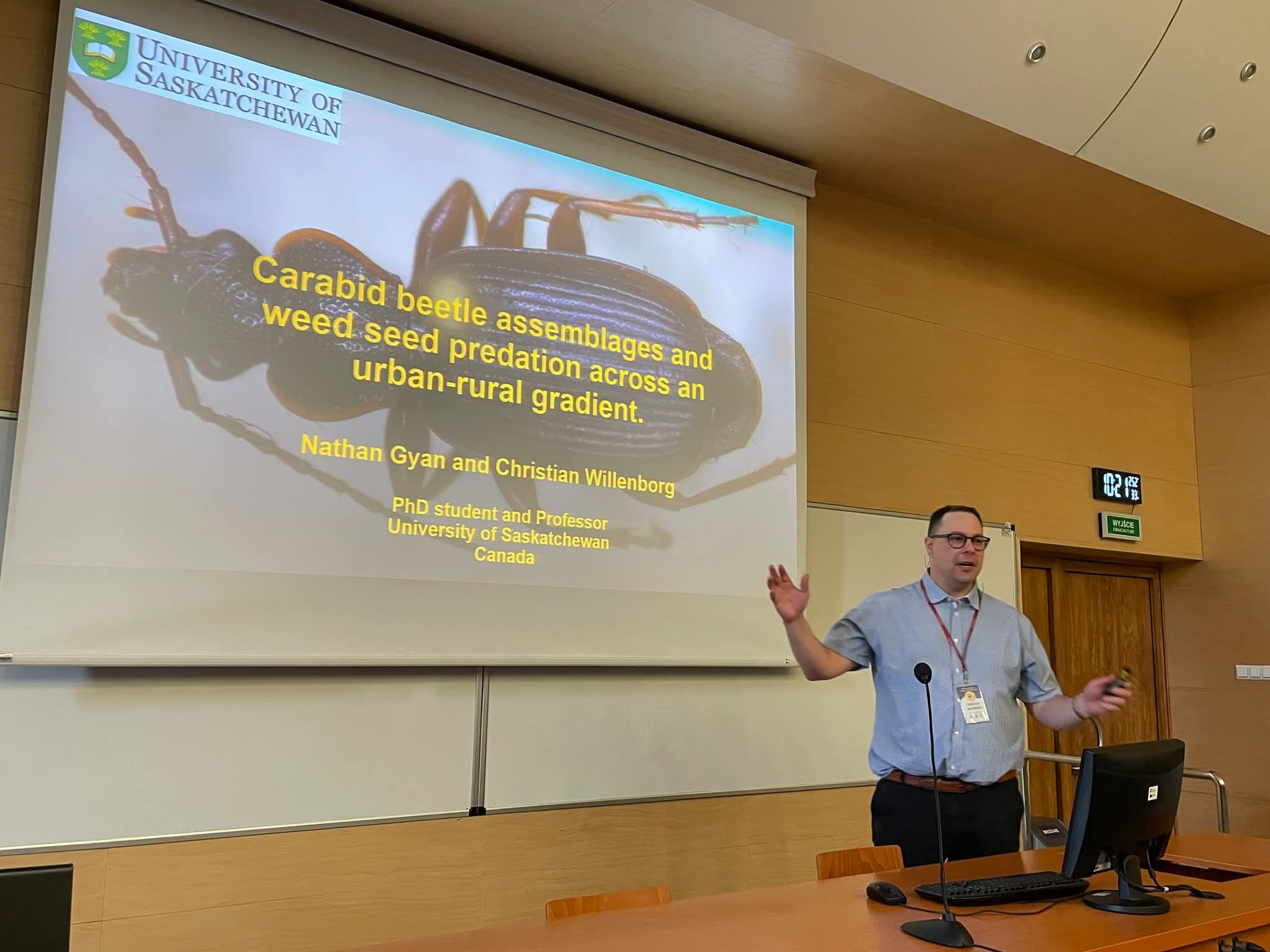
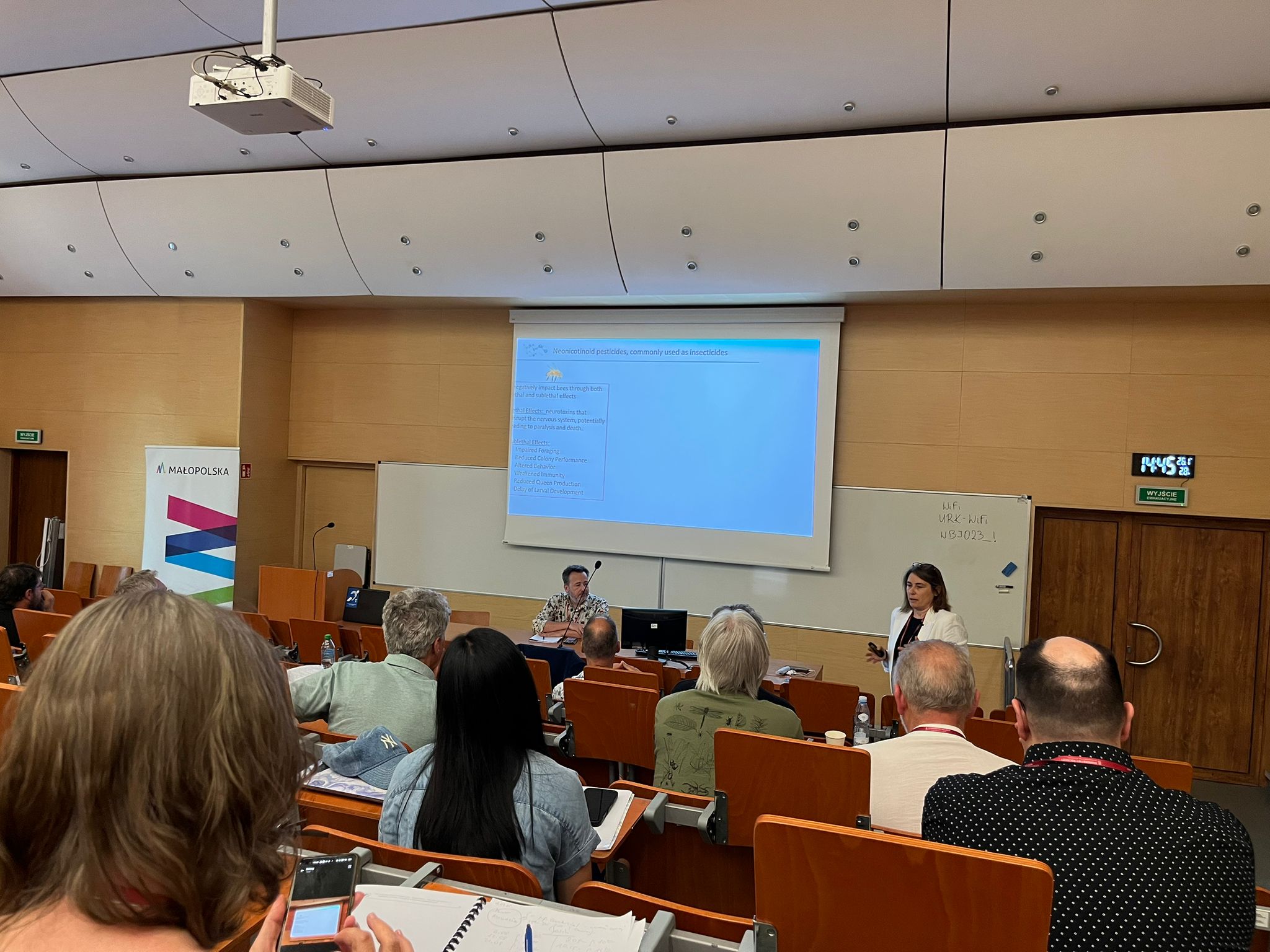
![]()
Nature Conservation journal in its issue no. 49, in 2022, published a review of a book authored by world-renowned entomologists Hans Turin, Johan Kotze, Stefan Müller-Kroehling, Pavel Saska, John Spence and Theodoor Heijerman on the ecology and conservation of carabid beetles’ insects. The book has been published by Wageningen Academic Publishers from the Netherlands, and the author of the review is Dr. sc. Lucija Šerić Jelaska from the Biology Department of the Faculty of Science in Zagreb, and you can see the review at the link https://natureconservation.pensoft.net/article/89861

![]()
MEDITERATRI team has published their first dataset on gbif.org. Šerić Jelaska L, Anđelić Dmitrović B, Ivanković Tatalović L, Resetnik I (2022). Meditera3. University of Zagreb Faculty of Science. Occurrence dataset https://doi.org/10.15468/5jkd4t.
It is indeed the first data published in GBIF with University of Zagreb Faculty of Science affiliation, and the second ever dataset from Croatia. It comprises 500 occurrences of various arthropods and earthworms inhabiting olive groves and vineyards in Zadar County. More details can be found here: https://www.gbif.org/dataset/e37882c9-7542-4f5b-a2e0-e56fa8038b0d
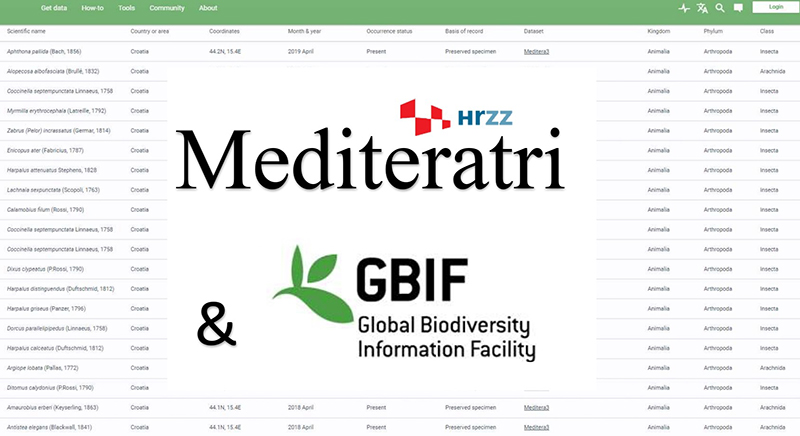
![]() The paper „Ground beetle assemblages and distribution of functional traits in olive orchards and vineyards depend on the agricultural management practice“ has been published in respectful BioControl Journal (Q1) and available online by using the following SharedIt link https://rdcu.be/cGf8o.
The paper „Ground beetle assemblages and distribution of functional traits in olive orchards and vineyards depend on the agricultural management practice“ has been published in respectful BioControl Journal (Q1) and available online by using the following SharedIt link https://rdcu.be/cGf8o.
The paper presents the research results of the impact that Mediterranean agriculture has on the functional diversity and ecological traits of carabid beetles, insects that contribute to biocontrol. This research was funded by The Croatian Science Foundation under the MEDITERATRI Project (HRZZ UIP 05-2017-1046) granted to Lucija Šerić Jelaska from the Faculty of Science and cofounded by the Department of Biology, Faculty of Science at the University of Zagreb. Projects associates Tomislav Kos, University of Zadar, and PhD student Lara Ivanković Tatalović (ESF grant DOK-01-2018), University of Zagreb participated as co-authors.

![]() After successful defence of doctoral themes for Lara Ivanković Tatalović and Barbara Anđelić Dmitrović, PhD students on Mediteratri projects, confirmation came from the Senate of the University of Zagreb after the meeting on the 14th of December 2021. To Lara Ivanković Tatalović title approved was Functional diversity, trophic interaction, development, and metabolism of ground beetles (Coleoptera: Carabidae) in perennial Mediterranean agroecosystems. To Barbara Anđelić Dmitrović title approved was Spider trophic interactions in Mediterranean olive groves and vineyards analyzed using DNA metabarcoding.
After successful defence of doctoral themes for Lara Ivanković Tatalović and Barbara Anđelić Dmitrović, PhD students on Mediteratri projects, confirmation came from the Senate of the University of Zagreb after the meeting on the 14th of December 2021. To Lara Ivanković Tatalović title approved was Functional diversity, trophic interaction, development, and metabolism of ground beetles (Coleoptera: Carabidae) in perennial Mediterranean agroecosystems. To Barbara Anđelić Dmitrović title approved was Spider trophic interactions in Mediterranean olive groves and vineyards analyzed using DNA metabarcoding.
![]() PhD student Lara Ivanković Tatalović, HRZZ and ESF scholar and a member of the Mediteratri project team, presented her doctoral theme on Thursday, July 22, under the title „Functional diversity, trophic interaction, development, and metabolism of ground beetles (Coleoptera: Carabidae) in perennial Mediterranean agroecosystems“ before a committee composed of PhD Darija Lemić, professor Tomislav Mašek, assistant professor Sandra Hudina, and mentors, Mediteratri project leader PhD Lucija Šerić Jelaska and associate professor Tomislav Kos.
PhD student Lara Ivanković Tatalović, HRZZ and ESF scholar and a member of the Mediteratri project team, presented her doctoral theme on Thursday, July 22, under the title „Functional diversity, trophic interaction, development, and metabolism of ground beetles (Coleoptera: Carabidae) in perennial Mediterranean agroecosystems“ before a committee composed of PhD Darija Lemić, professor Tomislav Mašek, assistant professor Sandra Hudina, and mentors, Mediteratri project leader PhD Lucija Šerić Jelaska and associate professor Tomislav Kos.
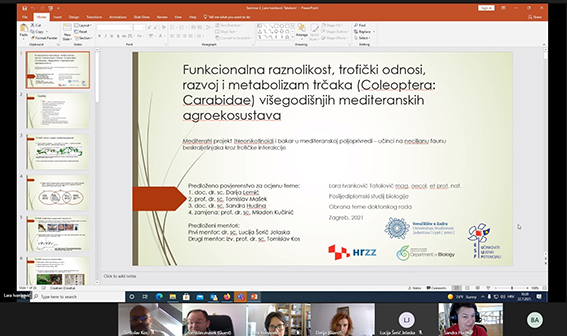
![]()
PhD student Barbara Anđelić Dmitrović, a member of the Mediteratri project team, defended her doctoral theme on Wednesday, July 14, under the title „Research of spider trophic interactions in Mediterranean olive groves and vineyards through DNA metabarcoding method“ before a committee composed of PhD Branka Bruvo Mađarić, associate professor Ana Galov, associate professor Vlatka Čubrić Čurik and mentor and MEDITERATRI project leader PhD Lucija Šerić Jelaska.

![]()
Congratulations to Josip Primorac on the completed graduate study and excellent presentation of the thesis "The impact of ecological and integrated pest control in agroecosystems of northern Dalmatia on the biodiversity of ants (Insecta: Hymenoptera: Formicidae)" at the Department of Biology, 24.5.2021. Josip completed his diploma thesis within the project MEDITERATRI, led by assoc. prof. Damjan Franjević and the direct supervision of dr. sc. Lucija Šerić Jelaska. He showed species of ants observed only in natural habitat but not within the investigated olive groves and vineyards and those that are well adapted to agricultural systems such as Solenopsis fugax (Latreille, 1798), and he highlighted few findings of some rare and endemic ant species.
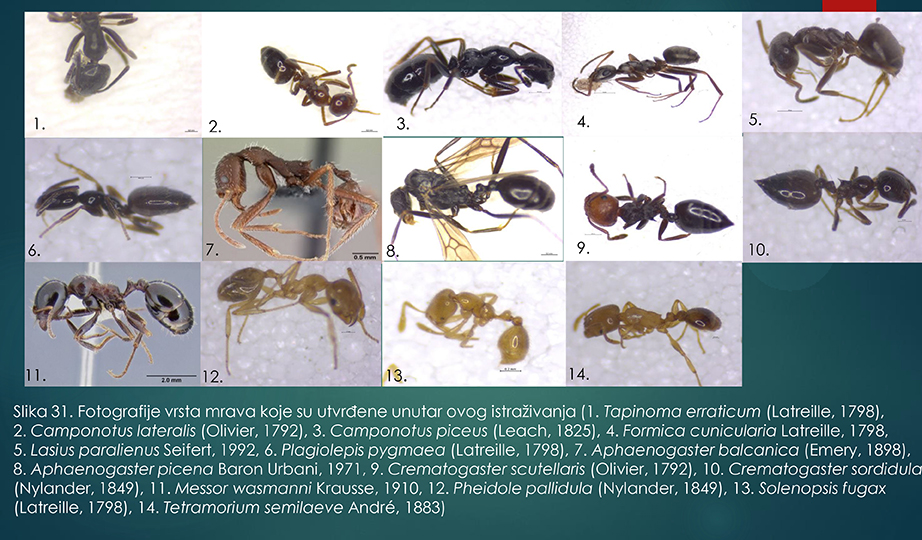
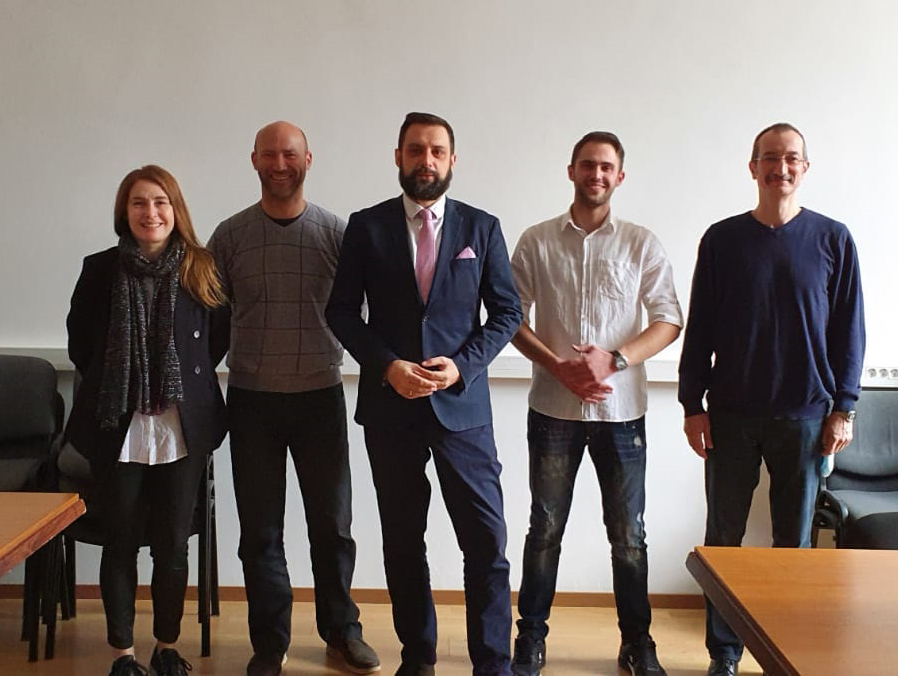
![]()
Lucija Šerić Jelaska, PhD, gave an invited introductory lecture at the Sixth Symposium of Students of Biological Studies, the 6th SiSB, on Saturday, May 22, 2121, entitled " Insects in organic agriculture - return to ancient times" presenting the goals and the newest results of the MEDITERATRI project. The first day of the symposium and the invited lecture were held on the International Day for Biodiversity and the Day of Nature Protection in the Republic of Croatia, where some interesting findings of the Mediterranean fauna and the importance of DNA barcoding in the Mediterranean area were presented. More about the symposium at the link: http://bius.hr/sisb/

![]() In Glasilu biljne zaštite, Vol. 20 No. 3, 2020. a journal of plant protection, an article was published on the 19th European Carabidologists Meeting held at the Fiera di Primiero, in the Dolomites, Italy, from 16 to 20 September 2019. This scientific meeting was organized by researchers from the Department of Biology of the University of Calabria and the National Park "Parco Naturale di Paneveggio - Pale di SanMartino". About 70 carabidologists from 22 countries in Europe, Asia and North America gathered at the meeting. Members of the MEDITERATRI team participated with three oral and one poster presentations, and Dr. sc. Lucija Šerić Jelaska contributed as a member of the scientific committee, https://carabids19thecm.unical.it/home.
In Glasilu biljne zaštite, Vol. 20 No. 3, 2020. a journal of plant protection, an article was published on the 19th European Carabidologists Meeting held at the Fiera di Primiero, in the Dolomites, Italy, from 16 to 20 September 2019. This scientific meeting was organized by researchers from the Department of Biology of the University of Calabria and the National Park "Parco Naturale di Paneveggio - Pale di SanMartino". About 70 carabidologists from 22 countries in Europe, Asia and North America gathered at the meeting. Members of the MEDITERATRI team participated with three oral and one poster presentations, and Dr. sc. Lucija Šerić Jelaska contributed as a member of the scientific committee, https://carabids19thecm.unical.it/home.
The link of the article in Hrčak: https://hrcak.srce.hr/index.php?show=clanak&id_clanak_jezik=344473.
![]()
MEDITERATRI team has published an article in scientific journal Symmetry (IF 2.645) https://www.mdpi.com/2073-8994/12/11/1890, on Mediterranean agricultural practice and the impact on predatory carabid beetles that serve in biocontrol.Environmental stress posed by agricultural practice, that species experience during their development, can be manifested in small, random asymmetries of their body, called fluctuating asymmetry (FA). To analyze the impact of agricultural practices in the vineyards and olive groves, we measured intensity of FA in predatory carabid beetles in the field, and compare with the populations from the pristine habitats in Zadar County. Predatory species, Pterostichus melas, common in our study fields, showed a higher intensity of FA in agricultural sites than is pristine habitats, and revealed ecological olive grove as less adverse than studied vineyards. In future studies, the FA in P. melas can be used as a method to indicate agricultural practices that are closer to natural in a way that can promote services that predatory beetles may provide within agroecosystem.
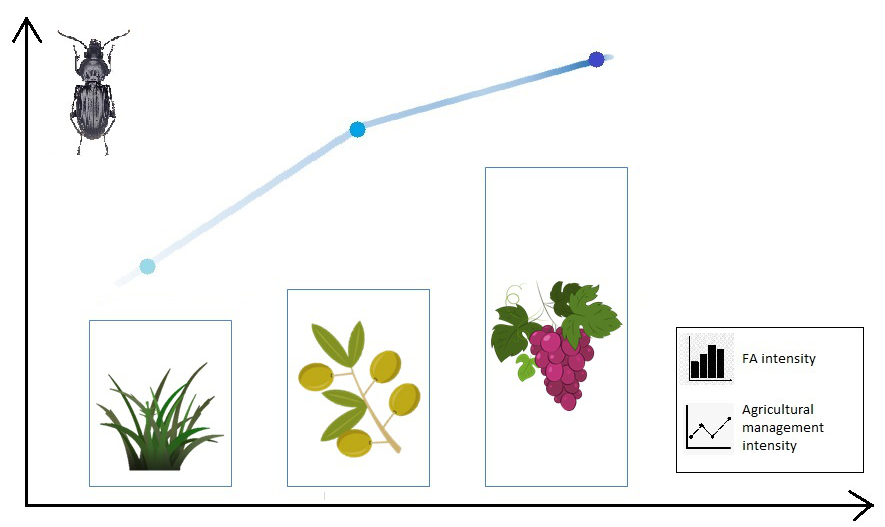
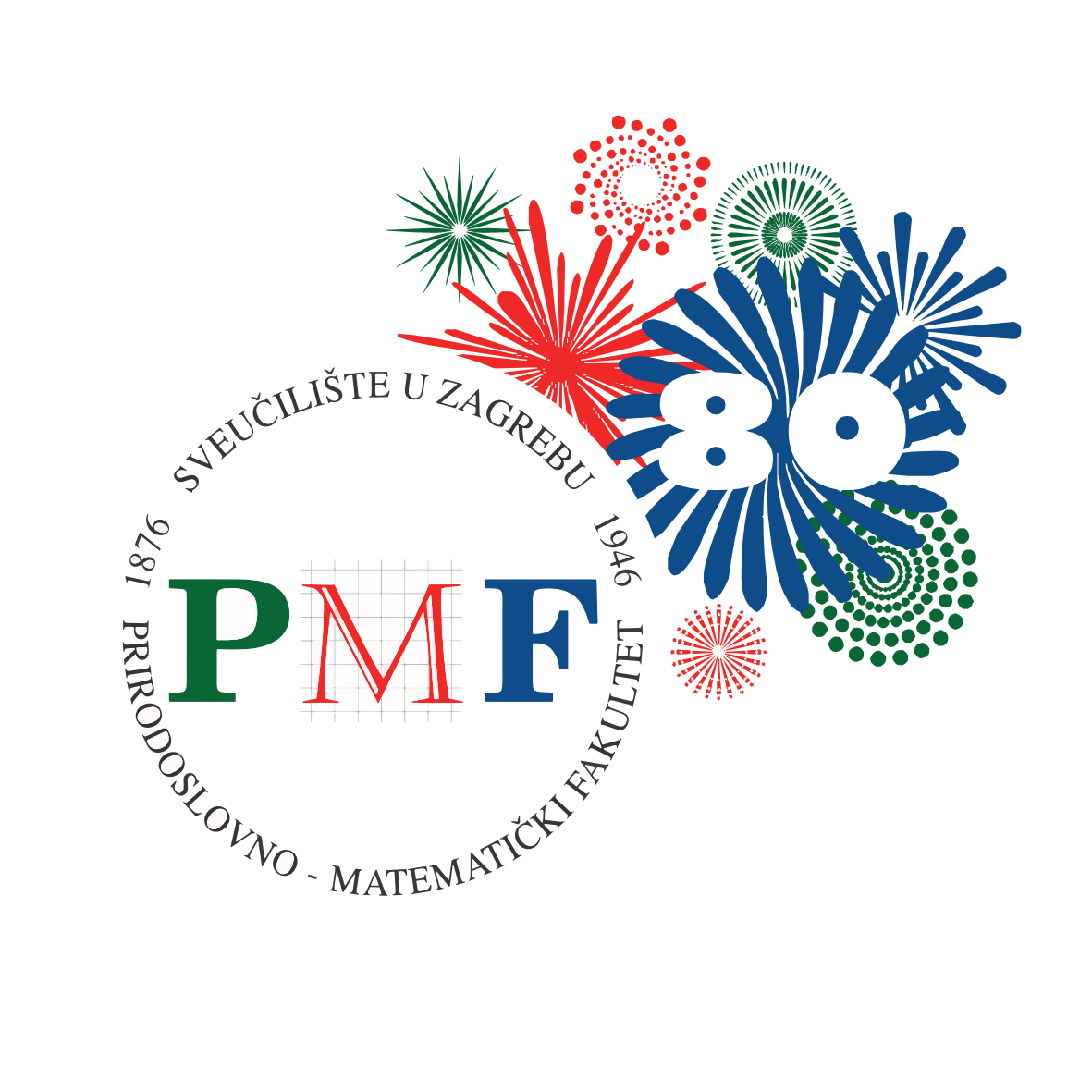
 Pristupačnost
Pristupačnost